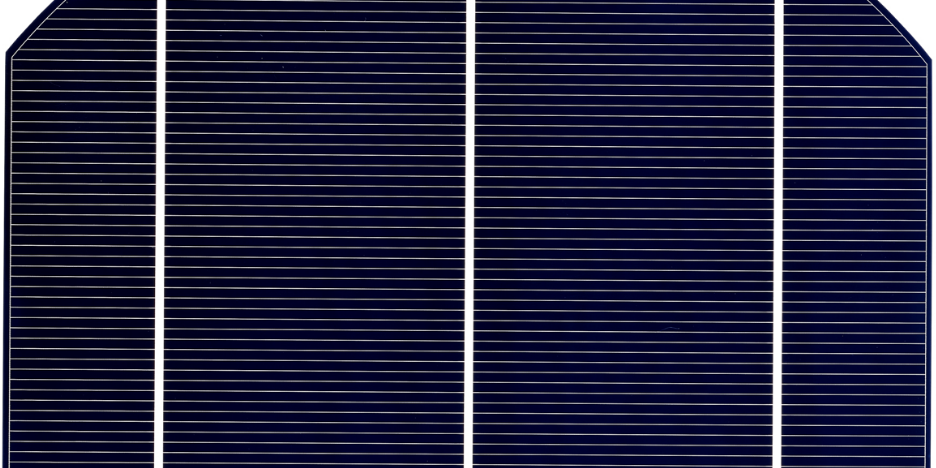2014 was not kind to Taiwanese solar cell manufacturers.
Taiwanese cell makers had achieved record profits after the United States imposed steep tariffs on Chinese solar panel and cell manufacturers in 2012, as Chinese panel manufacturers sought new cell partners that weren't subject to the import duties. But in 2014, in another trade case initiated by SolarWorld, the U.S. Department of Commerce imposed severe anti-dumping tariffs on Taiwanese cell manufacturers ranging from 27.59% to 44.18%.
Now, a recently completed administrative review and preliminary finding by the Commerce Department means those tariffs could be significantly reduced in the future.
A document from the International Trade Association (ITA) dated Feb. 28 indicates that an administrative review launched in April was now complete, and the preliminary findings indicate that Motech Industries, which was hit with the highest anti-dumping tariffs in 2014 (44.18%), could have those tariffs reduced to 4.20%. The other company chosen for specific review, SAS-Solartech, could have its tariff reduced from the initial 35.89% to 3.50%.
All other manufacturers not specifically studied would have their tariffs reduced to 4.09% if the preliminary recommendation is accepted, but ITA officials were quick to point out that this is not a final decision and that until there was, there would be no change to the tariffs as they currently are constructed.
They also said that an administrative review of tariffs like the ones imposed on Taiwanese cell manufacturers was not unusual and could be commissioned each year. A timeline for a final decision had not yet been determined.
The lowering of tariffs would seem to be in direct conflict with the Trump Administration's recent rhetoric on trade, which has consistently included talk of imposing tariffs on goods it feels compete unfairly with U.S. products. It may also be related to a willingness by the Trump Administration to break with 40 years of U.S. foreign policy tradition concerning Taiwan, which China considers one of its provinces.
Since President Richard Nixon traveled to China, the United States has treated China and Taiwan as if they are one country (a policy called “One China”). Shortly after being elected, however, President Donald Trump had a phone call with the Taiwanese president that sent shockwaves through the international diplomatic community, which saw the call as a provocation directed at the Chinese government. Trump eventually confirmed his administration's adherence to the One China policy.
This content is protected by copyright and may not be reused. If you want to cooperate with us and would like to reuse some of our content, please contact: editors@pv-magazine.com.



By submitting this form you agree to pv magazine using your data for the purposes of publishing your comment.
Your personal data will only be disclosed or otherwise transmitted to third parties for the purposes of spam filtering or if this is necessary for technical maintenance of the website. Any other transfer to third parties will not take place unless this is justified on the basis of applicable data protection regulations or if pv magazine is legally obliged to do so.
You may revoke this consent at any time with effect for the future, in which case your personal data will be deleted immediately. Otherwise, your data will be deleted if pv magazine has processed your request or the purpose of data storage is fulfilled.
Further information on data privacy can be found in our Data Protection Policy.